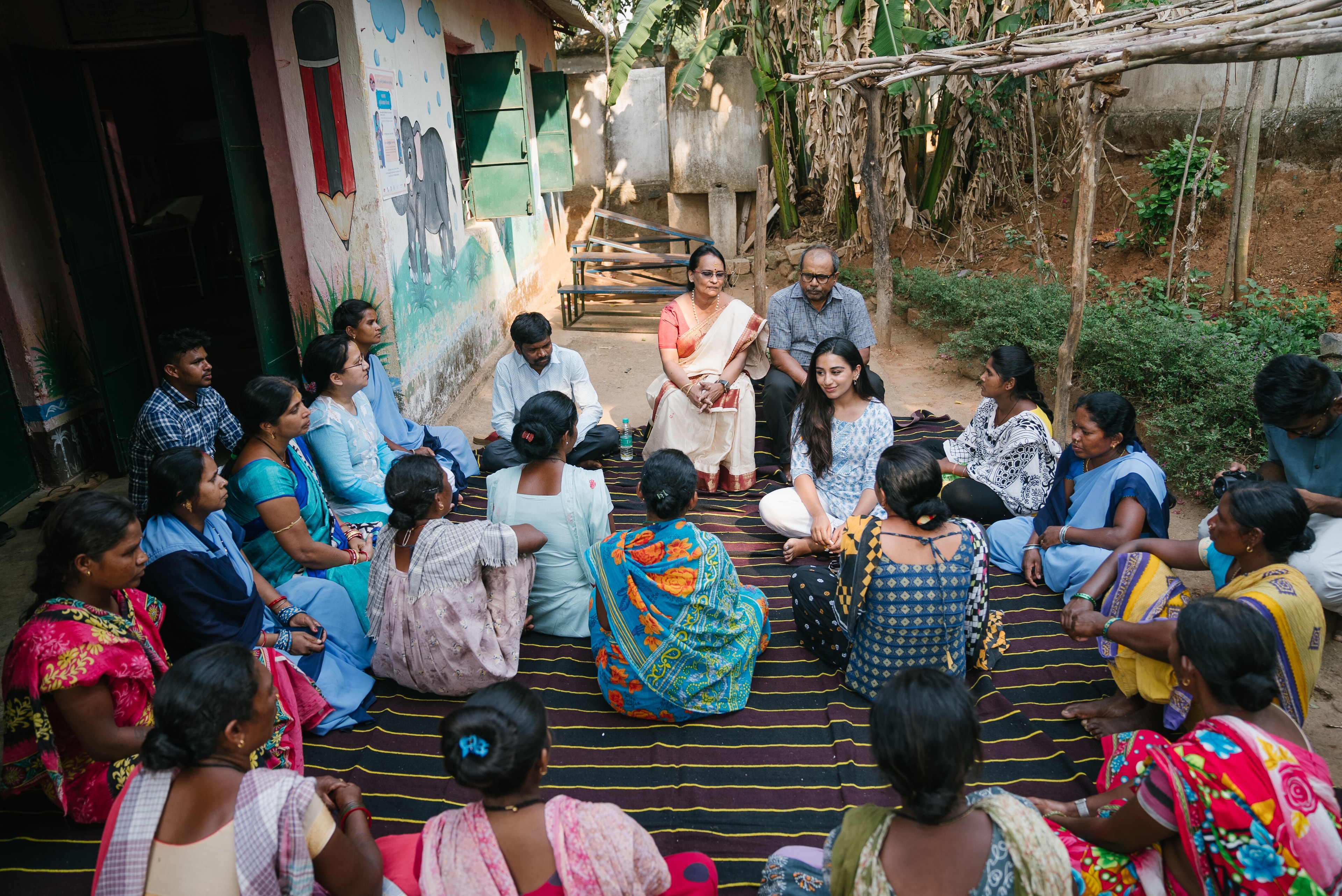WHO recommends new malaria vaccine that's more affordable and easier to produce

The RTS,S vaccine is safe and effective, and it has been shown to reduce the risk of malaria by up to 40%. Image: Pexels/FRANK MERIÑO
Gabrielle Tétrault-Farber
Correspondent, ReutersLeroy Leo
Journalist, Reuters
Get involved with our crowdsourced digital platform to deliver impact at scale
Stay up to date:
Global Health
- The World Health Organization (WHO) recommends the RTS,S/AS01 (RTS,S) malaria vaccine to prevent malaria in children at risk.
- The RTS,S vaccine is the first and only malaria vaccine to be approved by the WHO.
- The vaccine is given in a series of four doses, starting at 5 months of age.
- The WHO recommends that the RTS,S vaccine be used in combination with other malaria prevention measures, such as insecticide-treated nets and malaria medication.
The World Health Organization (WHO) recommended on Monday the use of a second malaria vaccine to curb the life-threatening disease spread to humans by some mosquitoes.
"Almost exactly two years ago, WHO recommended the broad use of the world's first malaria vaccine called RTS,S," WHO chief Tedros Adhanom Ghebreyesus told a briefing in Geneva.
"Today, it gives me great pleasure to announce that WHO is recommending a second vaccine called R21/Matrix-M to prevent malaria in children at risk of the disease."
R21/Matrix-M, developed by Britain's University of Oxford, will become available by mid-2024, Tedros said, adding that doses would cost between $2 and $4.
"WHO is now reviewing the vaccine for prequalification, which is WHO stamp of approval, and will enable GAVI (a global vaccine alliance) and UNICEF to buy the vaccine from manufacturers," Tedros said.
What is the World Economic Forum doing to improve healthcare systems?
20 million doses
R21/Matrix-M is mass manufactured by Serum Institute of India and uses Novavax's Matrix M adjuvant.
Adar Poonawalla, CEO of Serum Institute of India, said it had already produced more than 20 million doses in anticipation of WHO's recommendation.
"We will ramp it up as per what the demand requirements are," he said in an interview. "We hope that by the end of 2024, there will be zero mismatch of demand and supply, with our supply coming into the system."
The vaccine will compete against the RTS,S shot by GSK Plc (GSK.L), which was recommended by the United Nations-agency in 2021 and sold under the brand Mosquirix.
The WHO said both vaccines had shown similar efficacy in separate trials, but without a head-to-head trial there was no evidence showing whether one performed better.
The agency has left it to countries to decide which product to use based on various factors, including the affordability and supply.
"GSK has always recognised the need for a second malaria vaccine, but it is increasingly evident that RTS,S, the first ever malaria vaccine and the first ever vaccine against a human parasite, set a strong benchmark," GSK said in a statement.
The company added that over 1.7 million children in Ghana, Kenya and Malawi had received at least one dose of the shot and it would be rolled out in another nine malaria endemic countries from early next year.
Malaria kills over 600,000 each year globally, most of them children in Africa.
Dengue vaccine
Tedros added the agency had also recommended Takeda Pharmaceuticals' (4502.T) vaccine against dengue called Qdenga for children aged 6 to 16 in areas where the infection is a significant public health problem.
Dengue, common in tropical and subtropical climates, is a viral infection spread from mosquitoes to people.
Takeda's vaccine was shown in trials to be effective against all four serotypes of the virus in people who were previously infected by dengue, Hanna Nohynek, chair of WHO's Strategic Advisory Group of Experts on Immunization, told journalists.
She added, however, uncertainty lingered about its performance against serotype 3 and 4 in people who have not been infected previously.
The WHO's strategic advisory group also recommended a simplified single dose regime for primary immunization for most COVID-19 vaccines to improve acceptance of the shots at a time when most people have had at least one prior infection.
Any monovalent or bivalent vaccine could be used given that monovalent vaccines that target the XBB.1.5 variant, which has been dominant in many places this year, are unavailable in many countries, the agency added.
Don't miss any update on this topic
Create a free account and access your personalized content collection with our latest publications and analyses.
License and Republishing
World Economic Forum articles may be republished in accordance with the Creative Commons Attribution-NonCommercial-NoDerivatives 4.0 International Public License, and in accordance with our Terms of Use.
The views expressed in this article are those of the author alone and not the World Economic Forum.
The Agenda Weekly
A weekly update of the most important issues driving the global agenda
You can unsubscribe at any time using the link in our emails. For more details, review our privacy policy.
More on Health and Healthcare SystemsSee all
Kate Whiting
May 3, 2024
Kiran Mazumdar-Shaw
May 2, 2024
Johnny Wood
May 1, 2024
Prakash Tyagi
May 1, 2024
Katherine Klemperer and Anthony McDonnell
April 25, 2024






